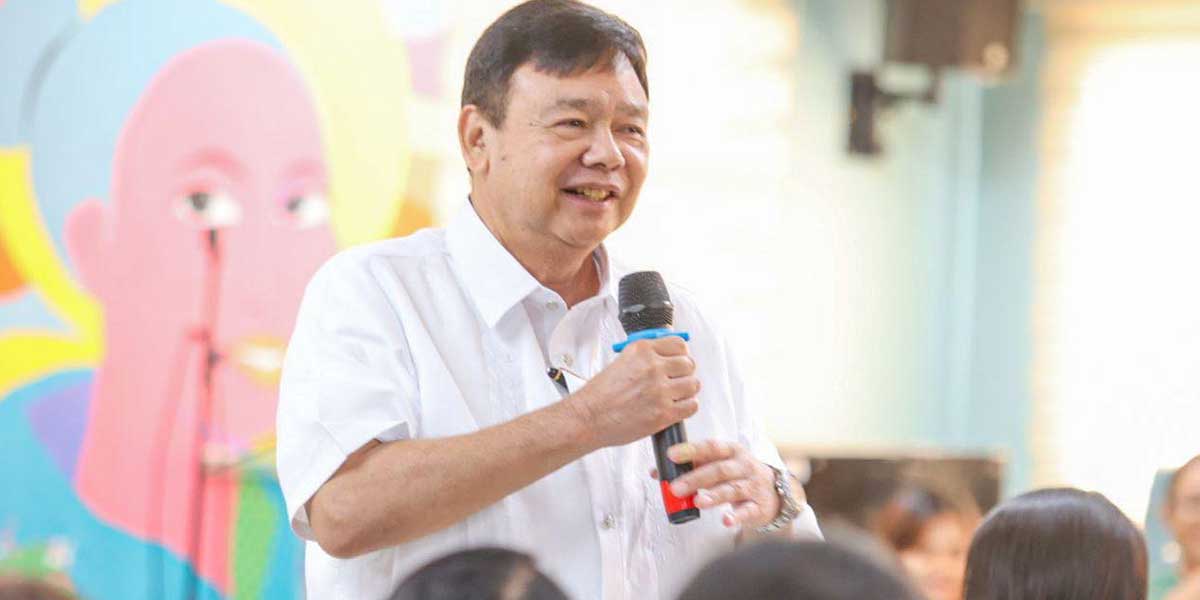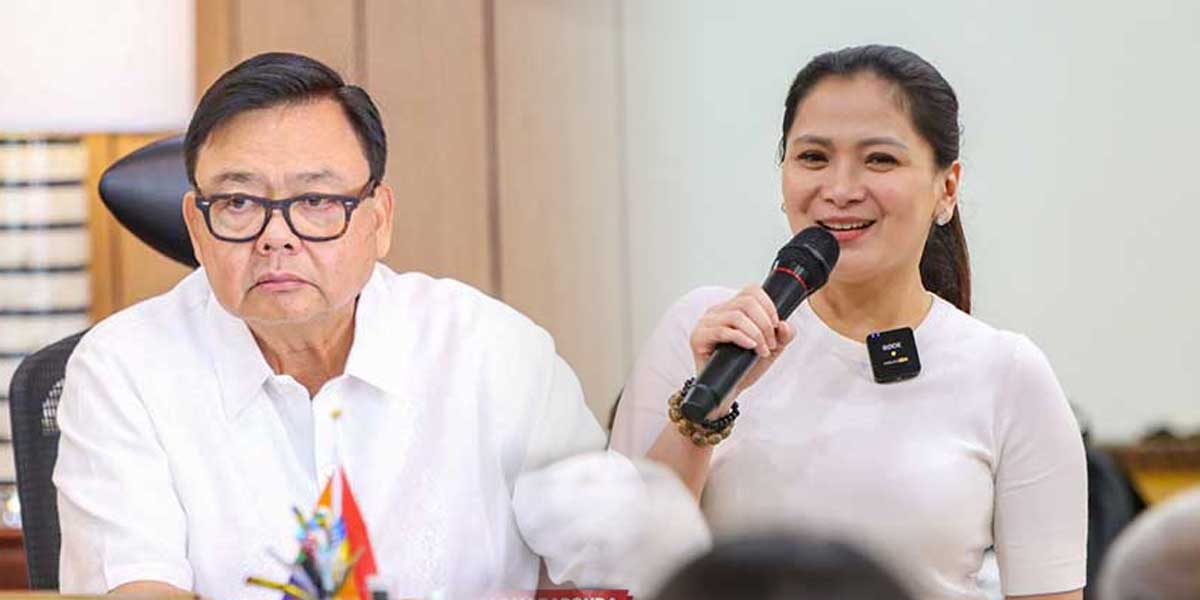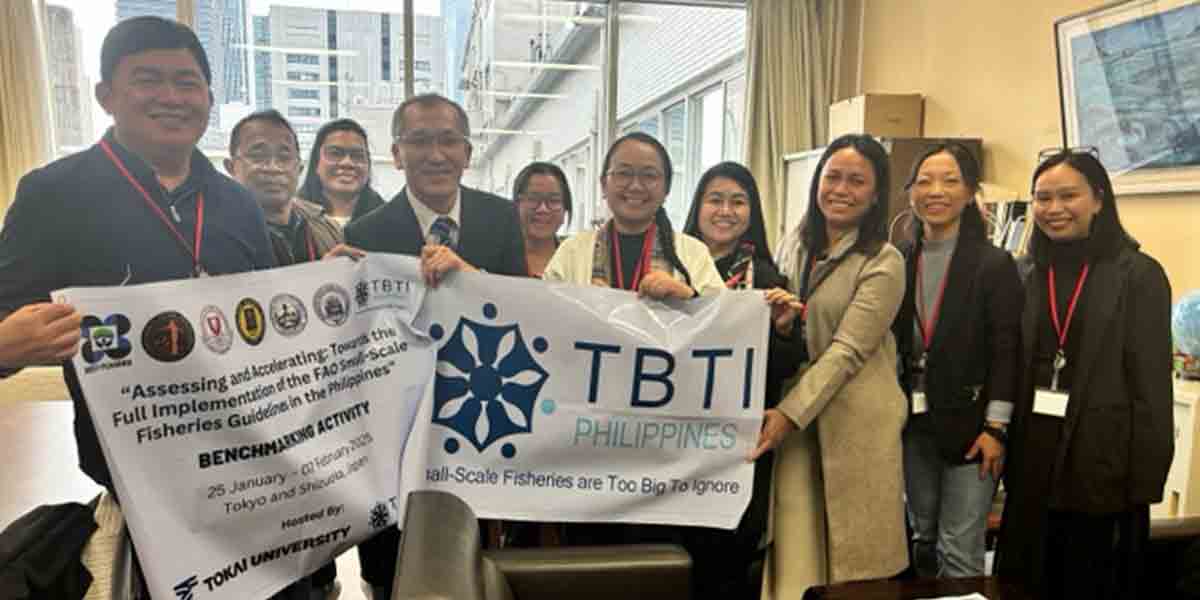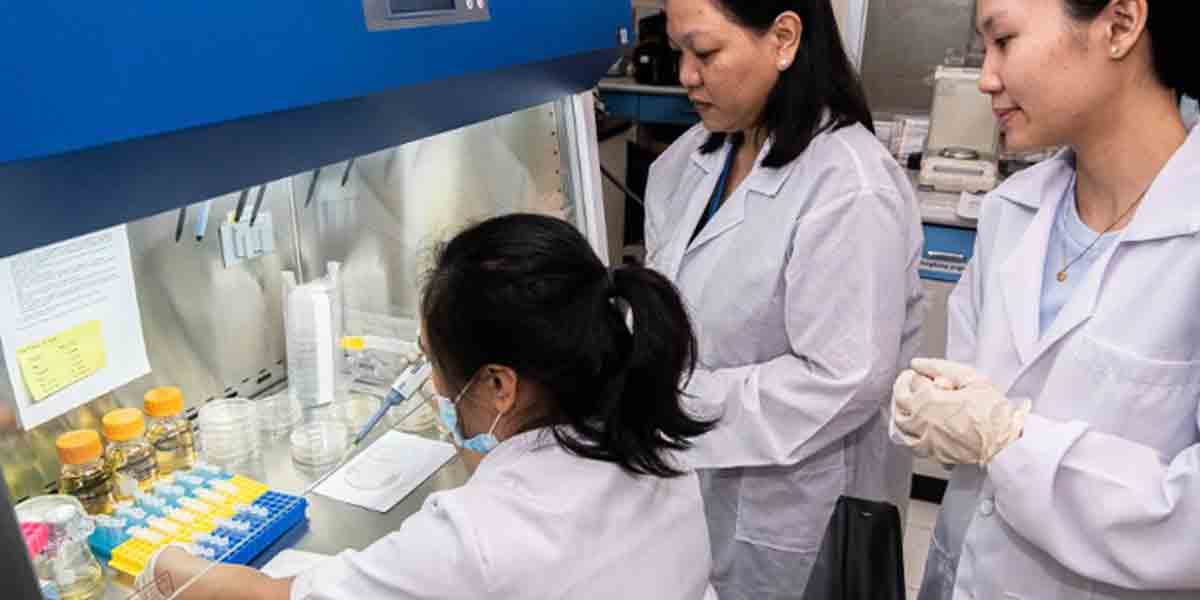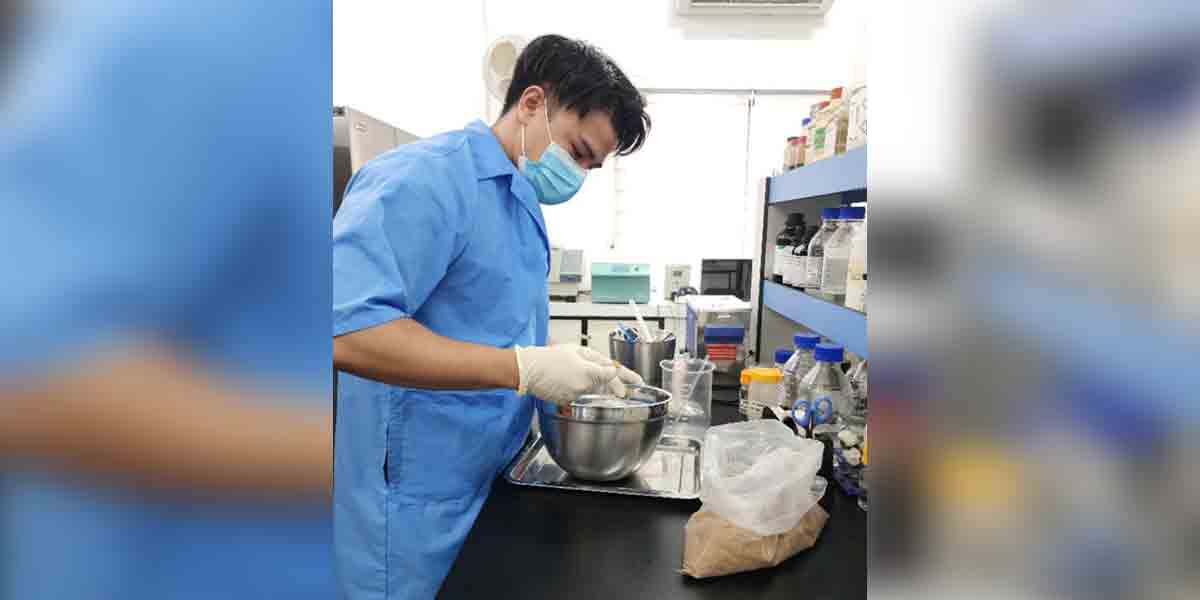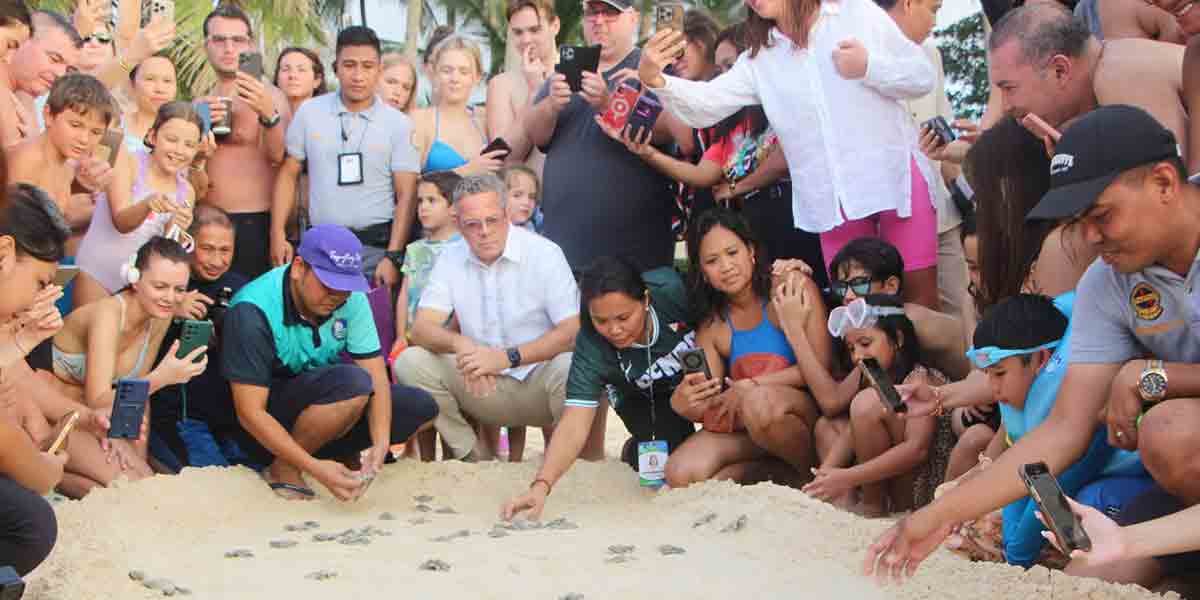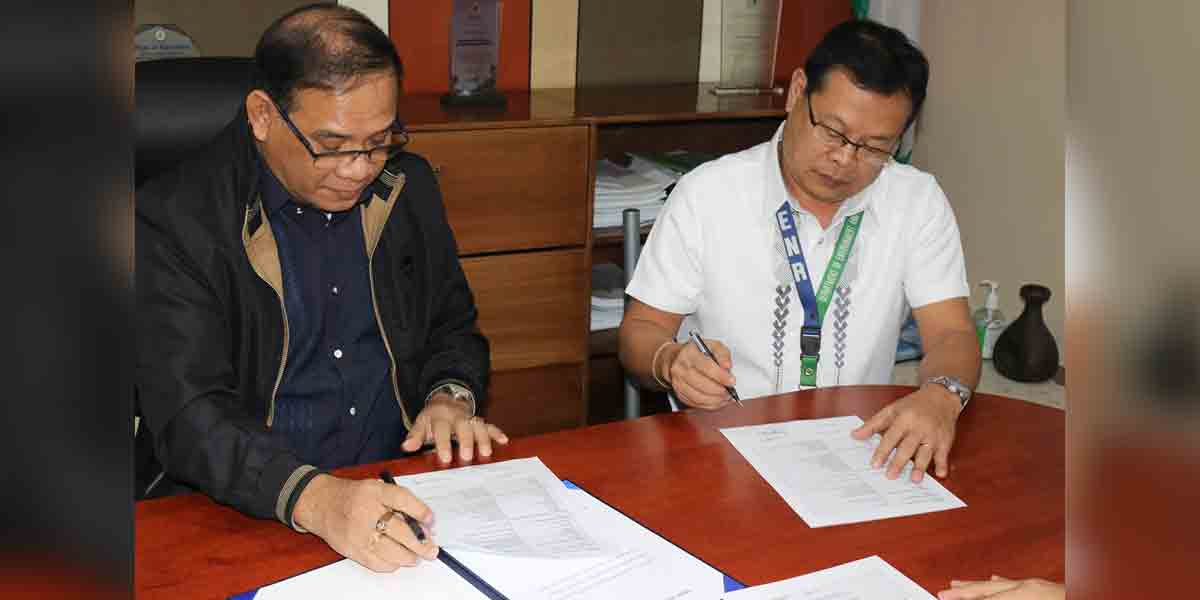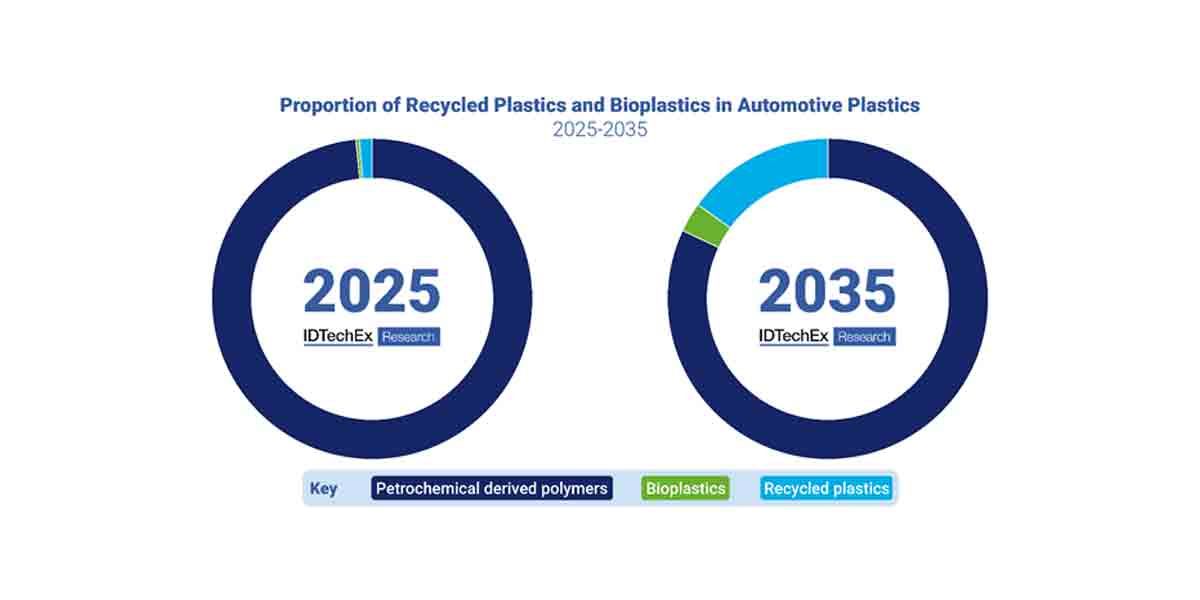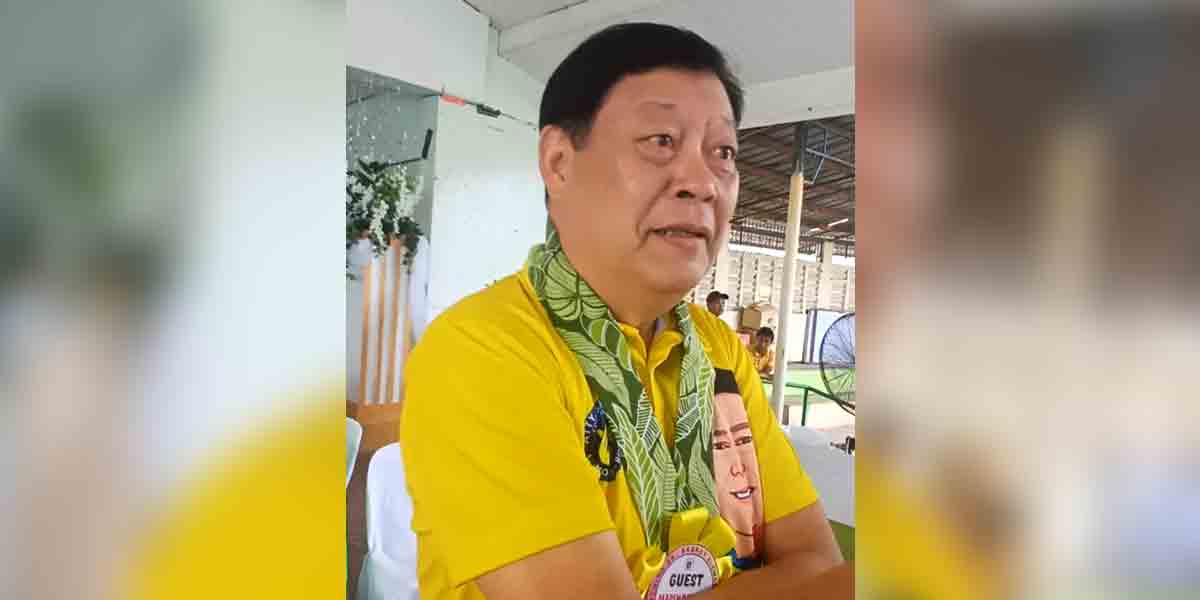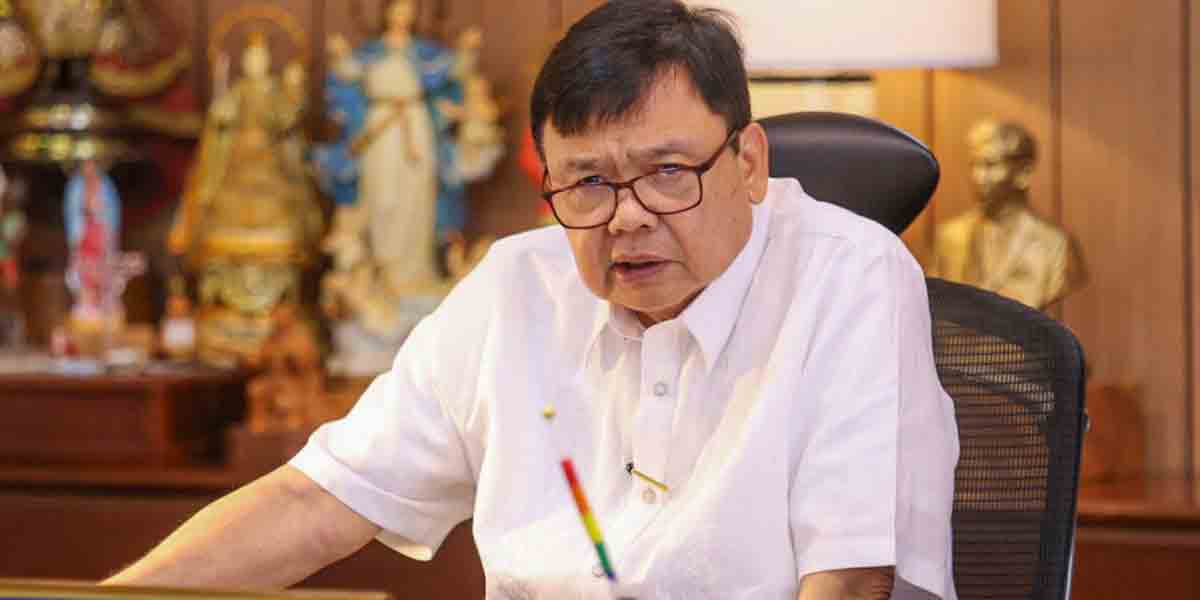By Herman M. Lagon
OUR RITUAL of reciting the “Panatang Makabayan” during Monday flag rites is a familiar scene across private and government institutions. Though often articulated mechanically, this oath carries a profound significance that many of us overlook. It is not just a pledge of loyalty but a blueprint for nation-building and personal growth.
The current version of the pledge says: “Iniibig ko ang Pilipinas, aking lupang sinilangan, tahanan ng aking lahi; kinukupkop ako at tinutulungang maging malakas, masipag, at marangal. Dahil mahal ko ang Pilipinas, diringgin ko ang payo ng aking magulang, susundin ko ang tuntunin ng paaralan, tutuparin ko ang tungkulin ng mamamayang makabayan; naglilingkod, nag-aaral, at nagdarasal/nananalangin nang buong katapatan. Iaalay ko ang aking buhay, pangarap, pagsisikap sa bansang Pilipinas.”
Meanwhile, its English version says: I love the Philippines, the land of my birth, the home of my people. It protects me and helps me to become strong, hardworking, and honorable. Because I love the Philippines, I will heed the counsel of my parents. I will obey the rules of my school. I will perform the duties of a patriotic citizen, serving, studying, and praying faithfully. I will offer my life, dreams, and successes to the Philippine nation.
The pledge starts with a declaration of love for the country, establishing a personal connection with our motherland. This love is active rather than passive and involves empowerment and personal development. The pledge calls us to become firm, diligent, and honorable, recognizing the role of self-improvement in national progress.
Activism and civic duties are central to the pledge. It reminds us of our responsibilities as citizens and proactive members of society. It is a call to serve, study, and actively engage in societal and national affairs. This part of the pledge is especially pertinent for government workers, civil servants, and elected or appointed officials. It is a reminder to transcend personal interests for the greater good, embodying integrity and accountability.
For students, the pledge invokes a deep passion for the nation, urging them to grow strong, diligent, honest, and honorable, to obey school rules, and to perform their duties as patriotic citizens. It emphasizes young one’s active participation in national life, serving and studying with sincerity, and offering one’s life, dreams, and efforts to the betterment of the country.
Heroism and selflessness are deeply embedded in the Panatang Makabayan. Offering one’s life, dreams, and efforts to the nation is a powerful statement of sacrifice and commitment. It challenges each Filipino to prioritize the nation’s welfare over personal ambitions, embodying the true spirit of national heroes.
The pledge culminates with an affirmation of radical love and devotion. This is not mere lip service but a deep, unwavering commitment to the nation. It calls for serving, studying, and praying with utmost sincerity, a testament to the profound and active endearment we should have for our country.
However, the reality often needs to catch up to these ideals. The recent amendment of “nagdarasal” to “nananalangin” in the Panatang Makabayan, as approved by Education Secretary Sara Duterte, aims to make the oath more inclusive and sensitive to various beliefs. This change, while minor, symbolizes a broader commitment to inclusivity and understanding in our patriotic expressions.
Yet, the issue goes beyond the words we recite. True patriotism is reflected in our actions and in our daily lives. It is about how we conduct ourselves, contribute to society, and uphold the values we vocalize. It is about transforming the ideals of the Panatang Makabayan into tangible actions that uplift our nation—a thing that most public officials need to be constantly reminded of.
The Panatang Makabayan is a stark reminder of our duty to serve with honor, integrity, and efficiency in our public or private professions. It is a call to reject corruption, inefficiency, and unscrupulous practices. For everyone, it is a call to become more active, defend our country from the atrocities of those in power, and stand up for what is right, just, good, kind, and beautiful.
The Panatang Makabayan is a sacred vow, a guiding principle for every Filipino, not just a routine we do during flag rites. As we recite it, let us internalize its message; let it resonate in our hearts and minds. Let us transform it from a mere collection of words into a way of life, embodying the values it espouses in every action we take. Let us live the oath in every aspect of our lives, making it a true reflection of our love for our country.
***
Doc H fondly describes himself as a ‘student of and for life’ who, like many others, aspires to a life-giving and why-driven world that is grounded in social justice and the pursuit of happiness. His views herewith do not necessarily reflect those of the institutions he is employed or connected with.


